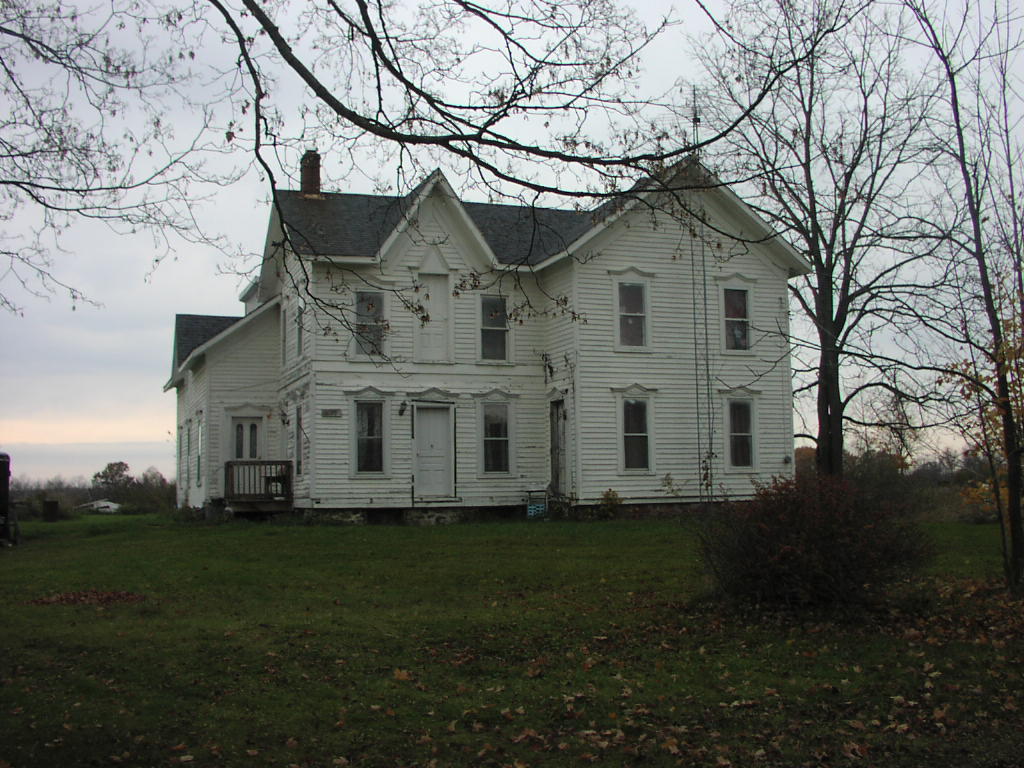Farm workers are increasingly dying of suicide, according to new research. Farmers are suffering the combined burdens of falling commodity prices, increased debts, climate-related production shortages, and cultural stigmas against mental healthcare. Victims’ families and survivors are now urgently speaking out and trying to educate their peers.
Research by USA Today and the Midwest Center for Investigative Reporting found that across nine Midwestern states, over 450 farmers died by suicide between 2014-2018. This is likely an undercount because some data is missing. Over a similar period, the nonprofit agricultural organization Farm Aid has seen calls to its crisis hotline almost double.
The findings support another January study by the Centers for Disease Control and Prevention (CDC), which showed that farming, along with mining, coal and oil, and construction, is among the occupations with the highest suicide rates. Suicide rates nationally have increased 40 percent in under 20 years.
There is no tidy explanation for why more farmers are dying of suicide; the factors are simultaneously economic, social and cultural. “We like to identify something as the cause,” said psychologist Ted Matthews to USA Today. “Right now, they talk about commodity prices being the cause, and it’s definitely a cause, but it is not the only one by any stretch.”
Total farm debts are reaching a peak not matched in nearly 40 years. As of 2020, farmers have over $400 billion in both real-estate and other debts, an amount greater than the entire gross state product of Maryland. Prices for the most common crops—soybean, corn and wheat—peaked in 2012 but have lost half their value as of 2019.
In 2019, historic floods drenched over a million acres of land throughout the Midwest and along the Missouri River. The floods caused close to $3 billion in property damage and killed at least three people.
This and other weather calamities prevented farmers last year from planting nearly 20 million acres of crops—an area roughly equal to the state of South Carolina. These financial and economic hardships are forcing farmers to make difficult decisions, like selling off their family legacies or switching occupations.
But if farmers are facing unprecedented economic hardships, they also have unique difficulties getting mental healthcare services. Part of this is due to supply. Rural counties overall have fewer mental healthcare providers-per person—63 per 100,000 residents, compared to 146 in urban counties. The disparity is even greater for prescribing psychiatrists—urban counties have more than three times the access of rural ones.
The other challenge for farmers is stigma around mental health and seeking help. Experts describe male farmers, especially, as retreating rather than confronting anxiety, depression or other illnesses.
Neither does it help that psychologists and psychiatrists may not understand a farmer’s lifestyle, occupation and values. This lack of cultural competency is not uncommon in mental healthcare; Filter has reported on the challenges for Black and Brown people in accessing psychedelic and general mental healthcare, for example.
One bright spot in all of this is that families devastated by suicide are speaking up. Theresia Gillie lost her husband, Keith, at age 53 in April 2017, and she now shares her story with others at risk. “I want growers to understand you’re not alone in this boat,” she said. “There’s others that are really struggling, too. And we’re going to find an avenue through this.”
State officials in Iowa, Ohio and Wisconsin are also taking preventative measures, including hiring more psychiatrists in rural areas, giving financial assistance to farmers in need of care, and raising awareness about suicide and how to spot red flags. A Wisconsin Representative, Joan Ballweg, is proposing a dedicated suicide hotline run by and for farmers.
Longer-term solutions for farmers, of course, will require more than just targeted suicide prevention measures. An existential crisis in farming communities, compounded by global economic patterns and an ever-changing climate, requires more attention from state and federal governments.
But talking about a problem is the first step. “We want farmers to feel like they’re being understood,” said Angie Sullivan, a Wisconsin agriculture official. “You’d be surprised at how much just spending an hour [talking] with someone can help.”
Image of a farmhouse in Byron, Michigan by Clarence Cromwell via Flickr/Creative Commons 2.0.




